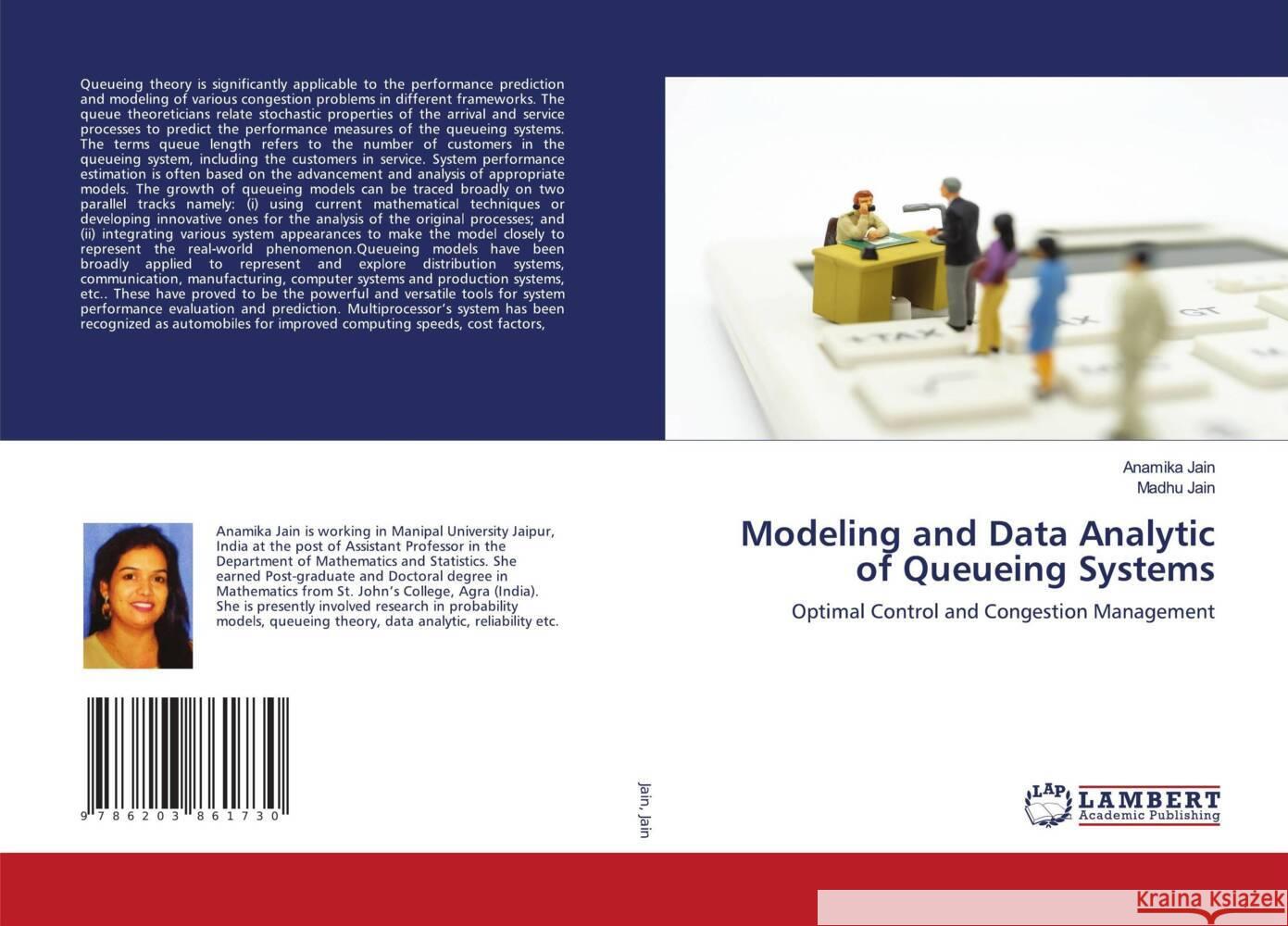Modeling and Data Analytic of Queueing Systems » książka
Modeling and Data Analytic of Queueing Systems
ISBN-13: 9786203861730 / Angielski / Miękka / 160 str.
Queueing theory is significantly applicable to the performance prediction and modeling of various congestion problems in different frameworks. The queue theoreticians relate stochastic properties of the arrival and service processes to predict the performance measures of the queueing systems. The terms queue length refers to the number of customers in the queueing system, including the customers in service. System performance estimation is often based on the advancement and analysis of appropriate models. The growth of queueing models can be traced broadly on two parallel tracks namely: (i) using current mathematical techniques or developing innovative ones for the analysis of the original processes; and (ii) integrating various system appearances to make the model closely to represent the real-world phenomenon.Queueing models have been broadly applied to represent and explore distribution systems, communication, manufacturing, computer systems and production systems, etc.. These have proved to be the powerful and versatile tools for system performance evaluation and prediction. Multiprocessor's system has been recognized as automobiles for improved computing speeds, cost factors,











